Check out five reading recommendations from our 2017 Adult Summer Challenge participants.
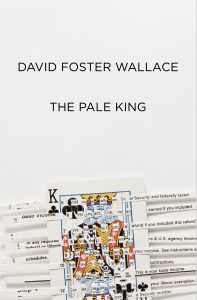 Gregory B. (Central Library) on The Pale King by David Foster Wallace: The unfinished, and perhaps unfinishable, novel of the great master of late-20th-century fiction. Taking as its subjects the themes of boredom and dread, this selection of posthumously arranged chapters recount the experiences of a set of characters employed in a fictionalized IRS office in the mid-1980’s, in which the rise of computerized mechanization threatens the established order. Combining the meta-fictional commentary of 18th-century English novels with the minutely observed realism of 19th-century Russian fiction, Wallace creates a deeply imagined world of entwined narratives that gesture toward a grand plot without ever fully coalescing.
Gregory B. (Central Library) on The Pale King by David Foster Wallace: The unfinished, and perhaps unfinishable, novel of the great master of late-20th-century fiction. Taking as its subjects the themes of boredom and dread, this selection of posthumously arranged chapters recount the experiences of a set of characters employed in a fictionalized IRS office in the mid-1980’s, in which the rise of computerized mechanization threatens the established order. Combining the meta-fictional commentary of 18th-century English novels with the minutely observed realism of 19th-century Russian fiction, Wallace creates a deeply imagined world of entwined narratives that gesture toward a grand plot without ever fully coalescing.
Pearl K. (Forest Park Branch) on White Rage: The Unspoken Truth of Our Racial Divide by Carol Anderson: This book is an eye-opener on the historical tension between blacks and whites from slavery to current day. The painful truth stirs many emotions. The author captures and highlights the many obstacles that African Americans have fought and overcome to rise to their current level. It is a book to be read by all. Dr. Anderson provides well-researched 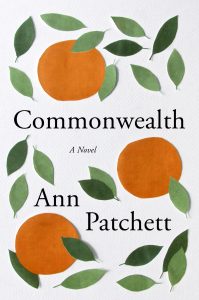 documentation on the historical policies and laws that propagated the divide. Her insight causes her to wonder what could have been, had justice been handled differently by courts and the laws that caused many restrictions.
documentation on the historical policies and laws that propagated the divide. Her insight causes her to wonder what could have been, had justice been handled differently by courts and the laws that caused many restrictions.
Laurel B. (Govans Branch) on Commonwealth by Ann Patchett: The need for love and family and the repulsion from the realities of day-to-day family life are at the heart of the tragedy of Commonwealth. Two families, brought together by an affair, divorce and remarriage, must take on new identities and carry the burdens of old pain. Through the life stories of parents and children, the hybrid question of “who must change/who can change?” is posed and posed again as the common wealth of their experiences threatens to overwhelm at every turn. When a famous author discovers the family’s story and takes more than his share of it, the people who lived through it must examine it with 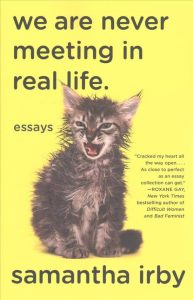 fresh eyes. A tale of many times and many places, Commonwealth leads you on a journey that surprises even as it feels like home.
fresh eyes. A tale of many times and many places, Commonwealth leads you on a journey that surprises even as it feels like home.
Cornelia B. (Light Street Branch) on We Are Never Meeting In Real Life by Samantha Irby: This hysterical and poignant essay collection is the most entertaining book I’ve read all year. Put on your stretch pants, pop a multivitamin, and enjoy Irby’s book about living in Chicago, premature aging, and her mischievous cat.
Michael T. (Roland Park Branch) on Jesus’ Son by Denis Johnson: Wow is this a good book. It violates so many “rules” of writing that I’ve learned and flaunts them delightfully. I never knew which way a story was going or why it went that way and I couldn’t have been happier. I’m going to have to avoid copying the style in my own writing, at least for a while.
For a chance to win fabulous prizes, submit an entry to the Adult Summer Challenge here.
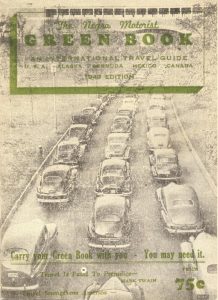 While many Americans take summer travel for granted, not all citizens enjoyed the luxury of the leisurely road trip punctuated by the occasional rest stop to stretch their legs or get a cold drink. In order to avoid discrimination and sometimes violent harassment during the Jim Crow era, African Americans often consulted the
While many Americans take summer travel for granted, not all citizens enjoyed the luxury of the leisurely road trip punctuated by the occasional rest stop to stretch their legs or get a cold drink. In order to avoid discrimination and sometimes violent harassment during the Jim Crow era, African Americans often consulted the 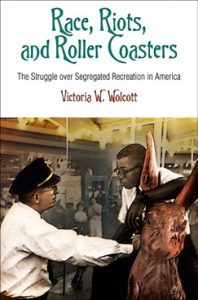 The Free State gets several nods in Victoria Wolcott’s
The Free State gets several nods in Victoria Wolcott’s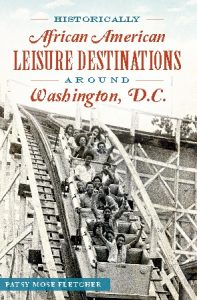 George’s County and Seagull Beach in Calvert County. The largest of these venues hosted shows by famous musicians touring the “Chitlin Circuit,” the colloquial name given to the collection of performance venues considered safe for traveling African American entertainers. Veteran Pratt library employee Doris Thompson remembers visiting Carr’s Beach in the1960’s to see Jackie Wilson, Diana Washington, and James Brown. “When the stage sh
George’s County and Seagull Beach in Calvert County. The largest of these venues hosted shows by famous musicians touring the “Chitlin Circuit,” the colloquial name given to the collection of performance venues considered safe for traveling African American entertainers. Veteran Pratt library employee Doris Thompson remembers visiting Carr’s Beach in the1960’s to see Jackie Wilson, Diana Washington, and James Brown. “When the stage sh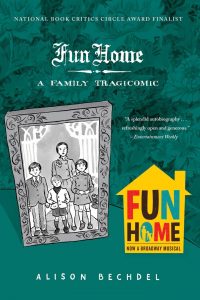 read a graphic novel. It was really fun and interesting. The story was amazing. To live with someone all your life and not know that they are living a secret life is mind-blowing. I saw a lot of me in the author. Even though the story was a comedy, you could feel her pain. I recommend this book to everyone.
read a graphic novel. It was really fun and interesting. The story was amazing. To live with someone all your life and not know that they are living a secret life is mind-blowing. I saw a lot of me in the author. Even though the story was a comedy, you could feel her pain. I recommend this book to everyone.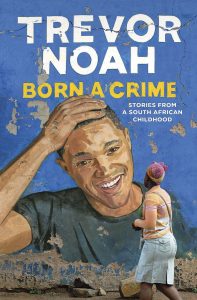 the Daily Show host growing up in Apartheid and post-Apartheid South Africa. What a life! Easy to read and very engaging, filled with a mix of humor, poignancy, critique of Apartheid, history, and celebration of his mother.
the Daily Show host growing up in Apartheid and post-Apartheid South Africa. What a life! Easy to read and very engaging, filled with a mix of humor, poignancy, critique of Apartheid, history, and celebration of his mother.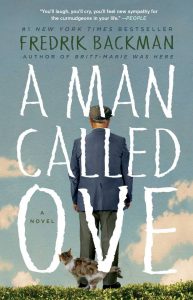 to help you think deeply about people and how to make a positive change in the lives of others.
to help you think deeply about people and how to make a positive change in the lives of others.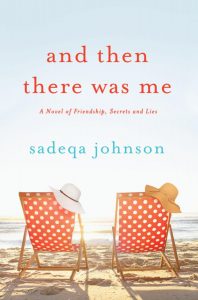 with family, children, friendship, marriage, and infidelities.
with family, children, friendship, marriage, and infidelities.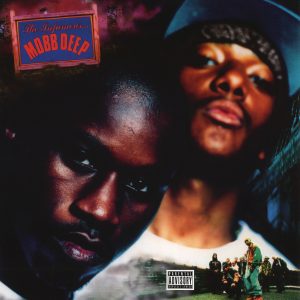
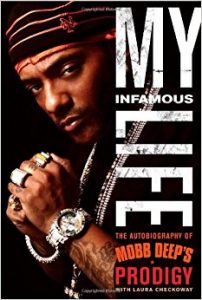
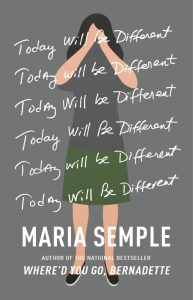 Bobbi O. (Central Library) on
Bobbi O. (Central Library) on 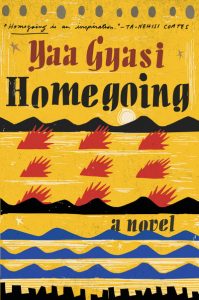 characters or insights, but still such an awesome first book and I know Yaa Gyasi will be an important voice in the future!
characters or insights, but still such an awesome first book and I know Yaa Gyasi will be an important voice in the future!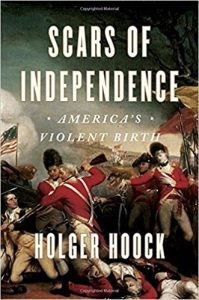 is replete with examples of violence and cruelty, on the part of both Patriots and Loyalists, Americans and British. If you enjoy reading history, you won’t want to miss this one!
is replete with examples of violence and cruelty, on the part of both Patriots and Loyalists, Americans and British. If you enjoy reading history, you won’t want to miss this one!